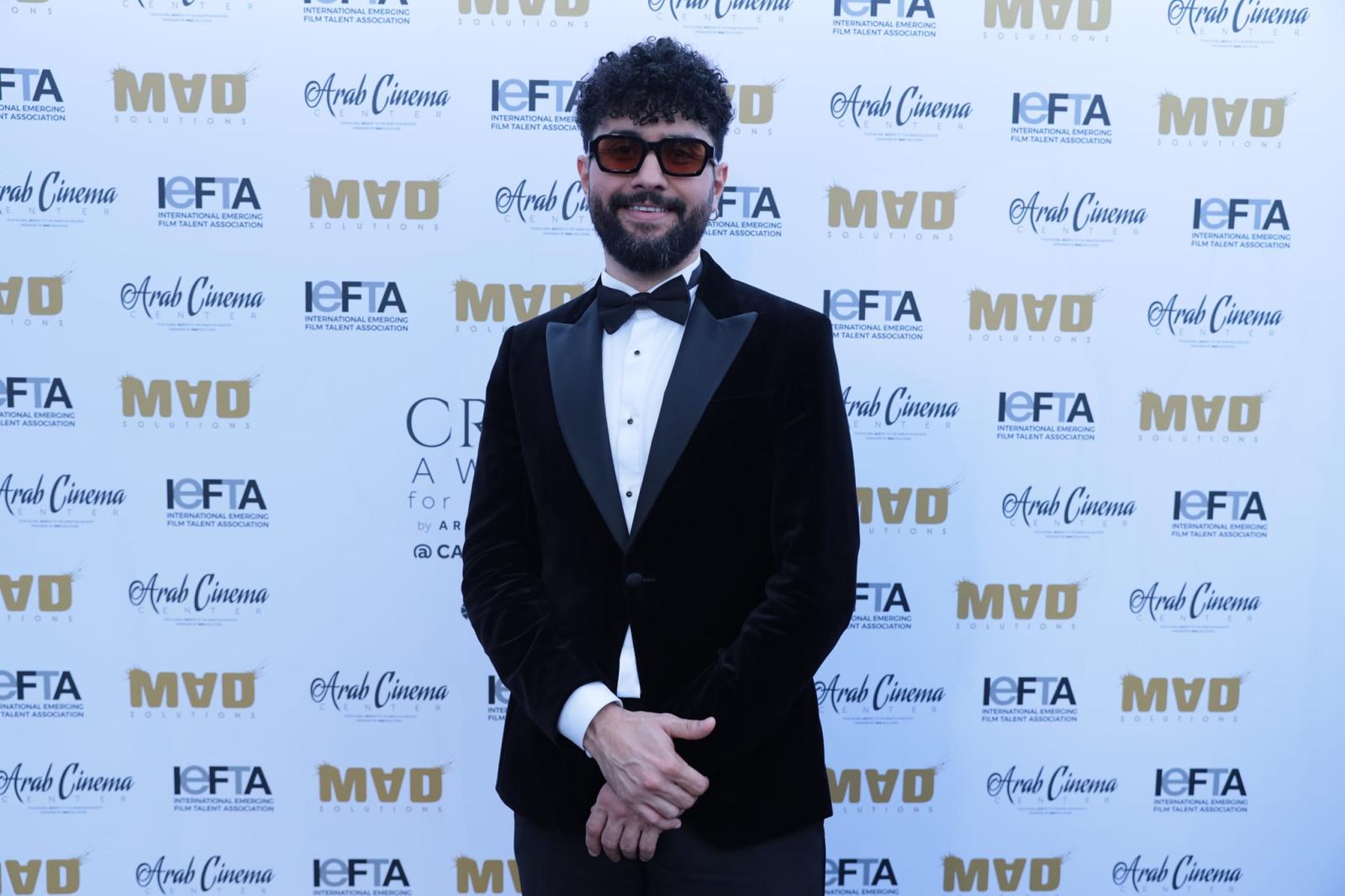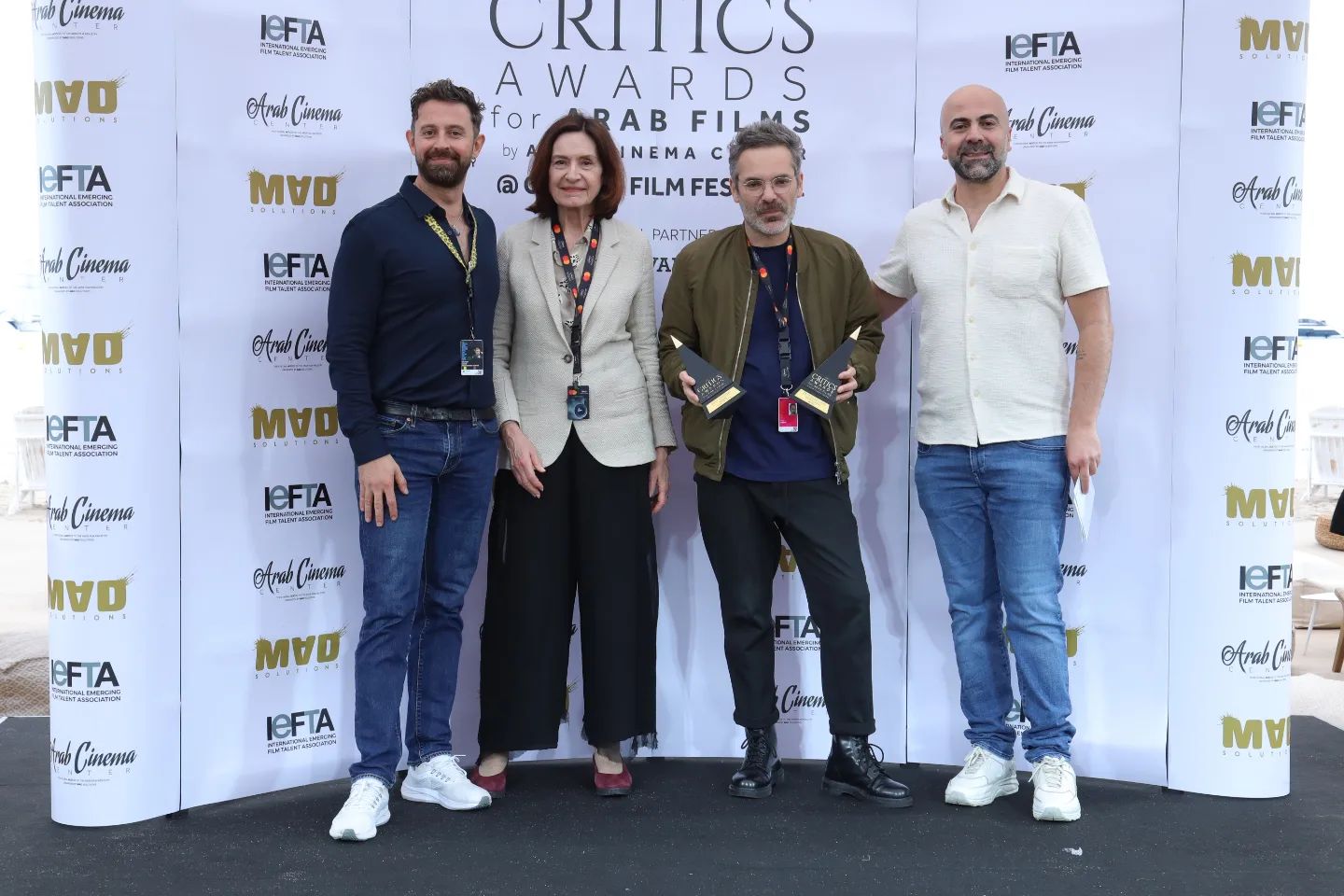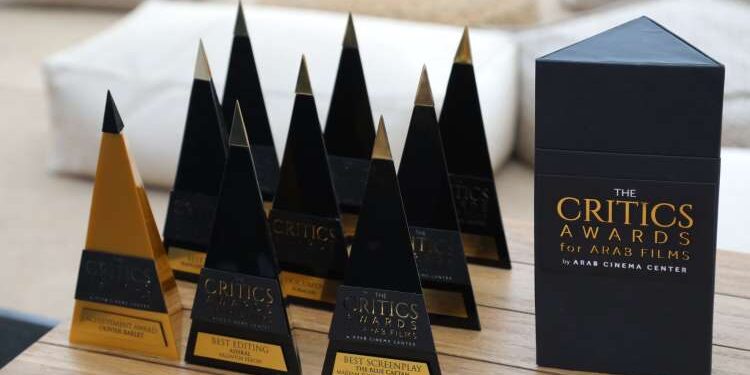It was during a ceremony organized on the sidelines of the 76th edition of the Cannes Festival, and more precisely on May 20 at the Palmes beach, that the center of Arab cinema announced the winners of criticism for Arab films 2022 (Arab Critics Awards).
This year, the international jury, made up of 193 film critics from 72 countries, evaluated The names named Using the digital platform Festival Scope, ACC partner.
The winners are:
Best movie :: Hanging Gardensdirected by Ahmed Yassin Aldaradji (Iraq)
Best actor :: Adam Bessa for his role in Harka (Tunisia)
Best actress : Lubna Azabal for her role in The blue of the caftan (Morocco)
Best director : Youssef Chebbi for Ashkal (Tunisia)
Best scenario : Maryam Touzani & Nabil Ayouch for The blue of the caftan (Morocco)
Best photograph : Virginie SURDEJ for The blue of the caftan (Poland)
Best editing : Valentin Féron for Ashkal (France)
Best documentary :: Drilling by Jumana Manna (Palestine)
Best music : Amine Bouhafa for Under the figs (Tunisia)
Three Tunisian films, HarkaAshkal And Under the figsharvest four prices. But the big winner is The blue of the caftan (Morocco) which alone wins three prizes.
It should be noted that these four films made their first at the Cannes Film Festival in 2022, The blue of the caftan And Harka In the a certain look sectionAnd Ashkal And Under the figs to the fortnight of filmmakers.




The first edition of criticism prizes for Arab films took place on the sidelines of the 70th Cannes Festival. These prices are awarded each year to the best Arab cinematographic productions in the following categories: best feature film, best documentary, best director, best screenwriter, best actress and best actor, as well as the recently added categories of best editing, best photography and best music.
To be eligible, films must be feature fiction or documentaries, having been presented at first during an international cinema festival outside the Arab world in 2022, and at least one of the production companies must be Arab (regardless of the extent of its contribution to the production of the film).
Neïla Driss
It was during a ceremony organized on the sidelines of the 76th edition of the Cannes Festival, and more precisely on May 20 at the Palmes beach, that the center of Arab cinema announced the winners of criticism for Arab films 2022 (Arab Critics Awards).
This year, the international jury, made up of 193 film critics from 72 countries, evaluated The names named Using the digital platform Festival Scope, ACC partner.
The winners are:
Best movie :: Hanging Gardensdirected by Ahmed Yassin Aldaradji (Iraq)
Best actor :: Adam Bessa for his role in Harka (Tunisia)
Best actress : Lubna Azabal for her role in The blue of the caftan (Morocco)
Best director : Youssef Chebbi for Ashkal (Tunisia)
Best scenario : Maryam Touzani & Nabil Ayouch for The blue of the caftan (Morocco)
Best photograph : Virginie SURDEJ for The blue of the caftan (Poland)
Best editing : Valentin Féron for Ashkal (France)
Best documentary :: Drilling by Jumana Manna (Palestine)
Best music : Amine Bouhafa for Under the figs (Tunisia)
Three Tunisian films, HarkaAshkal And Under the figsharvest four prices. But the big winner is The blue of the caftan (Morocco) which alone wins three prizes.
It should be noted that these four films made their first at the Cannes Film Festival in 2022, The blue of the caftan And Harka In the a certain look sectionAnd Ashkal And Under the figs to the fortnight of filmmakers.




The first edition of criticism prizes for Arab films took place on the sidelines of the 70th Cannes Festival. These prices are awarded each year to the best Arab cinematographic productions in the following categories: best feature film, best documentary, best director, best screenwriter, best actress and best actor, as well as the recently added categories of best editing, best photography and best music.
To be eligible, films must be feature fiction or documentaries, having been presented at first during an international cinema festival outside the Arab world in 2022, and at least one of the production companies must be Arab (regardless of the extent of its contribution to the production of the film).
Neïla Driss








